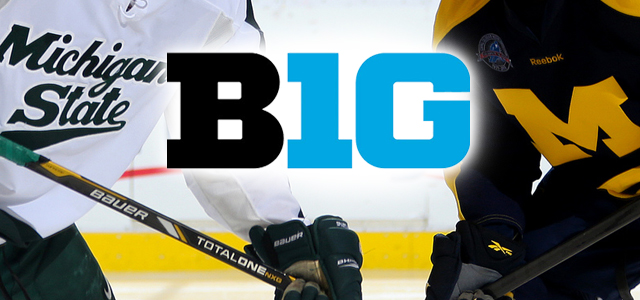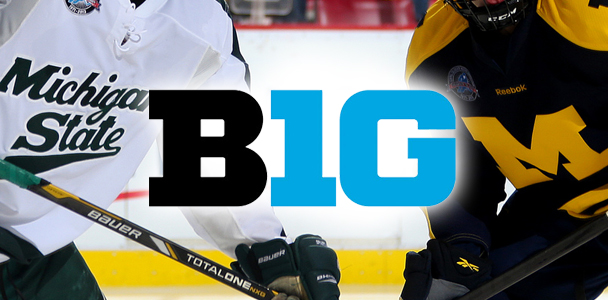Big Ten proposes big changes as part of NCAA’s new autonomy governance structure
The Big Ten Conference formally submitted their list of initial recommendations to the NCAA to provide a great deal more benefits for student-athletes.
One of the ‘Power Five’ conferences, the Big Ten has proposed these changes as part of the NCAA’s new autonomy governance structure. The proposals will be voted on in January.
From the Big Ten official release:
The Big Ten will work to implement the following proposals through individual institutional action, conference-wide action or under the NCAA autonomy governance structure:
- Cost of Education: Redefine full grant-in-aid to meet a student-athlete’s cost of education, as determined by the federal government.
- Multi-Year Scholarships: Guarantee all scholarships. If a student-athlete is no longer able to compete, for whatever reason, there should be no impact on institutions’ commitment to deliver an undergraduate education.
- Lifetime Educational Commitment: Ensure that scholarships are available for life. If a student-athlete leaves a university for a professional career before graduating, whether the career materializes, and regardless of its length, the scholarship will be honored after his or her playing days are complete.
- Medical Insurance: Provide improved, consistent medical insurance for student-athletes.
The Big Ten has also agreed to address additional student-athlete welfare issues including, but not limited to, health and safety, time demands and comprehensive academic support by way of a “Resolution” that creates a specific pathway and timeline for implementation.
The Big Ten Conference is an association of 14 world-class universities committed to the pursuit and attainment of athletic and academic excellence. Big Ten institutions feature broad-based athletic programs which provide nearly $200 million in direct financial aid to almost 9,500 student-athletes on 350 teams in 42 different sports.
We look forward to working with the ACC, Big 12, Pac-12 and SEC through the NCAA autonomy governance structure toward adoption and implementation of these proposals.


